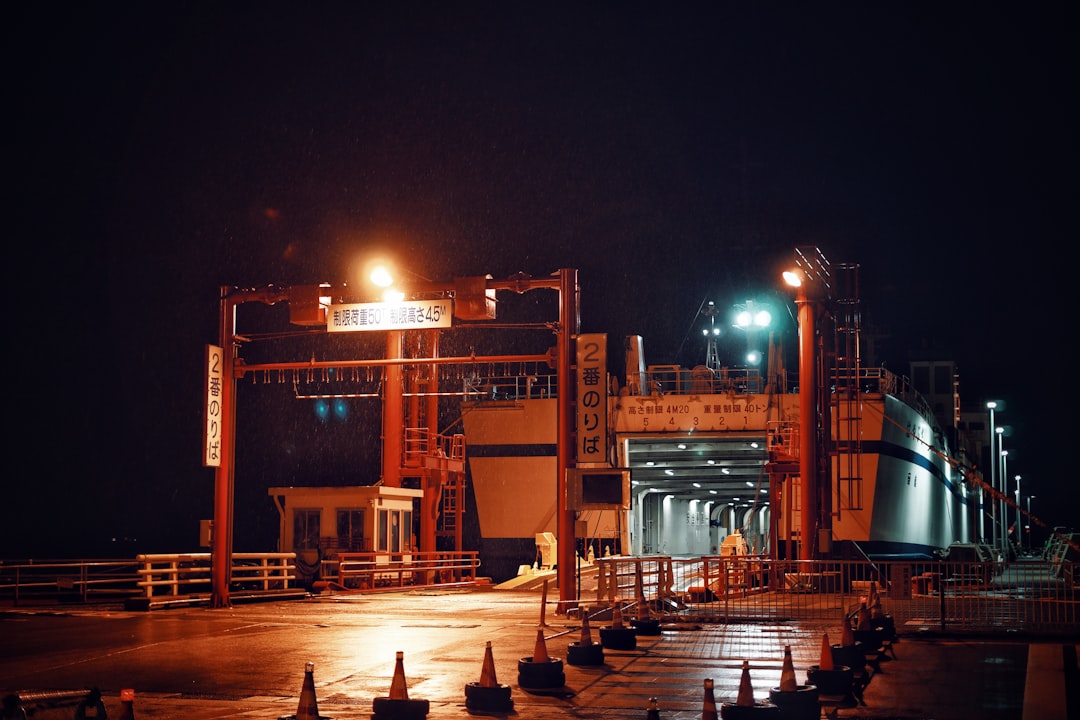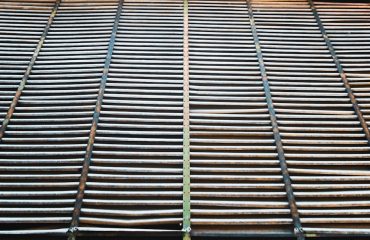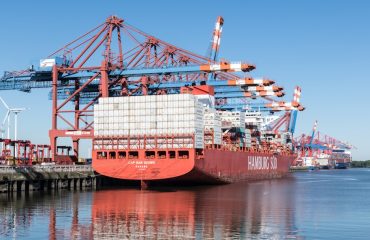body { font-family: sans-serif; line-height: 1.6; }
h1, h2, h3 { color: #333; }
h1 { font-size: 2.5em; }
h2 { font-size: 2em; }
h3 { font-size: 1.5em; }
The machinery manufacturing industry relies heavily on a consistent and reliable supply of high-quality steel. From the smallest component to the largest frame, steel forms the backbone of countless machines. This blog post delves into the intricacies of steel supply for this crucial sector, exploring the challenges and opportunities involved.
Sourcing Steel: Finding the Right Supplier
Securing a dependable steel supply is paramount for machinery manufacturers. This involves more than just finding the cheapest option; it requires a strategic approach considering several factors. Geographical proximity can significantly impact transportation costs and delivery times. Choosing a supplier with a proven track record of quality and timely delivery is crucial to avoid production delays. Manufacturers should also consider the supplier’s capacity to meet fluctuating demand, their commitment to sustainability, and their ability to provide various steel grades and specifications. Building strong, long-term relationships with key suppliers is often beneficial, fostering collaboration and ensuring a consistent flow of materials.
Furthermore, understanding the supplier’s certifications, such as ISO 9001 for quality management systems, is essential to guarantee the steel meets the required standards. Due diligence, including thorough background checks and referencing, is a crucial step in the sourcing process.
Types of Steel for Machinery Manufacturing: A Diverse Landscape
The machinery industry uses a vast array of steel grades, each tailored to specific applications. Carbon steel, a cost-effective option, is commonly used for less demanding components. Alloy steels, containing elements like chromium, nickel, and molybdenum, offer enhanced properties such as increased strength, toughness, and corrosion resistance. These are often preferred for high-stress applications or components exposed to harsh environments. Stainless steel, known for its exceptional corrosion resistance, is vital in applications involving chemicals or moisture. Tool steels, characterized by their hardness and wear resistance, are essential for creating cutting tools and dies. The choice of steel depends critically on the machine’s function, operating conditions, and required lifespan. Incorrect steel selection can lead to premature failure and costly replacements.
Quality Control: Ensuring Steel Meets Specifications
Maintaining stringent quality control throughout the steel supply chain is non-negotiable. Manufacturers must implement rigorous testing procedures to verify that incoming steel meets the specified chemical composition, mechanical properties, and dimensional tolerances. This often involves destructive and non-destructive testing methods, including tensile testing, hardness testing, and ultrasonic inspection. Regular audits of suppliers’ facilities can help ensure consistent quality. Clear documentation and traceability throughout the supply chain are also critical, allowing for quick identification and resolution of any quality issues. A robust quality control system not only prevents defects but also enhances the reputation and reliability of the machinery manufacturer.
Supply Chain Management: Optimizing Steel Flow
Effective supply chain management is crucial for minimizing disruptions and optimizing the flow of steel. This involves employing strategies like just-in-time inventory management to reduce storage costs and minimize waste. Diversifying suppliers can mitigate risks associated with single-source dependency. Utilizing advanced technologies, such as supply chain management software, can improve visibility and enhance coordination among suppliers, manufacturers, and logistics providers. Real-time tracking of shipments and inventory levels enables proactive management of potential delays or shortages. A well-managed supply chain ensures a continuous supply of steel, minimizing production downtime and maximizing efficiency.
Future Trends in Steel Supply for Machinery Manufacturing
The steel industry is undergoing significant transformation, driven by factors such as sustainability concerns and technological advancements. The increasing demand for high-strength, lightweight steels is pushing innovation in materials science. The adoption of advanced manufacturing techniques, such as additive manufacturing (3D printing), is revolutionizing the way steel components are produced. Furthermore, the focus on sustainable steel production, with reduced carbon emissions and responsible sourcing practices, is becoming increasingly important. Manufacturers need to adapt to these trends by embracing new technologies and collaborating with suppliers who prioritize sustainability and innovation. The future of machinery manufacturing hinges on a secure, efficient, and sustainable steel supply chain.
Conclusion: The steel supply chain is a vital component of machinery manufacturing. By understanding the intricacies of sourcing, quality control, and supply chain management, manufacturers can ensure a reliable supply of high-quality steel, ultimately contributing to the production of robust and efficient machinery.
Tags: Steel Supply, Machinery Manufacturing, Steel Sourcing, Quality Control Steel, Supply Chain Management




